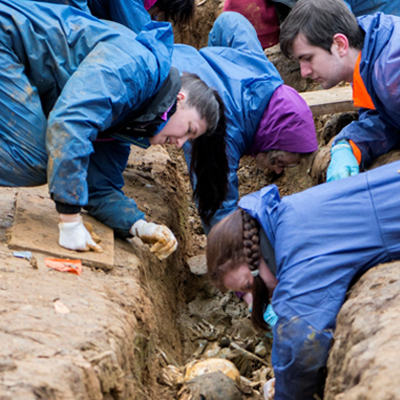Halo X-ray Technologies Ltd (HXT), a next-generation X-ray security scanner which was developed using technology produced at Cranfield and Nottingham Trent Universities, has been awarded $1.6 million.
The Department of Homeland Security (DHS) has awarded $1,656,206.00 to HXT to develop and implement an automatic threat resolution system for the X-ray imaging of carry-on and checked baggage at airports.
X-ray technology is central to protecting the lives of millions of passengers and air crew. However, terrorist threats continue to evolve and challenge the technical capability of existing systems. The X-ray scanner technology currently used in airports give images of objects and a broad material category, but can’t definitively identify what substance an object is made from. This can lead to increased false alarms and a need for further investigation by hand which slows down security checks.
Cranfield University, working in partnership with Nottingham Trent University, developed a scanner that, in a matter of milliseconds, can identify whether a substance is, for example, an explosive or an illegal drug.
“HXT’s X-ray diffraction system makes use of a novel focal construct technology that increases flux intensity for greater signal efficiency. The technology was jointly pioneered at Nottingham Trent University and Cranfield University and developed under previous DHS science and technology funded work,” said Dr Karl Harris, Science and Technology Program Manager. “By combining HXT’s technology with a primary X-ray transmission scanner, we hope to automatically adjudicate bag alarms, enhancing passenger throughput and improving the passenger experience.”
“The potential use of improvised explosive threats by terrorists poses many security challenges in screening aviation passengers,” said William N. Bryan, DHS Senior Official Performing the Duties of the Under Secretary for Science and Technology. “Science and technology development is at the forefront of collaborative, multi-faceted research and development solutions to protect air travellers worldwide.”
This project will be managed by the DHS science and technology Screening at Speed Program, which is pursuing transformative research and development activities that support a future vision for increasing security effectiveness while dramatically reducing wait times to improve the passenger experience.
About Cranfield University
Cranfield University is a specialist postgraduate university that is a global leader for education and transformational research in technology and management.



